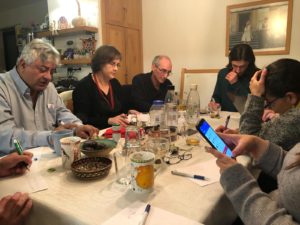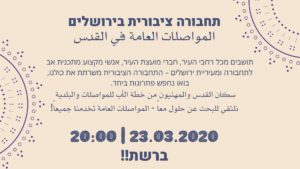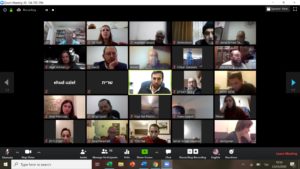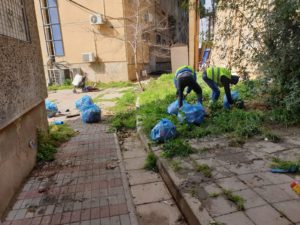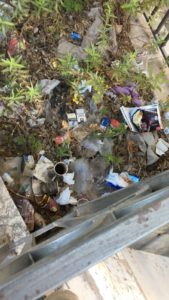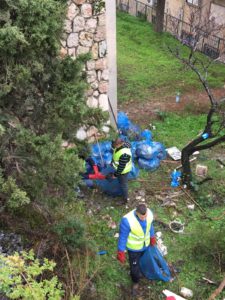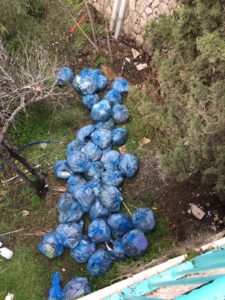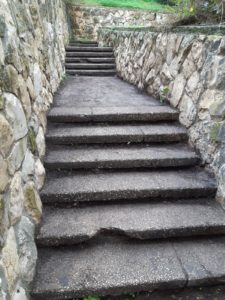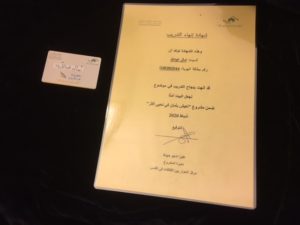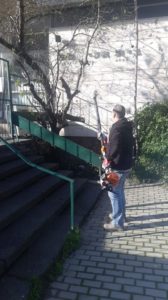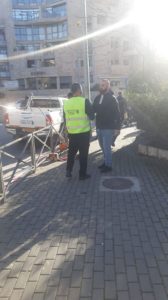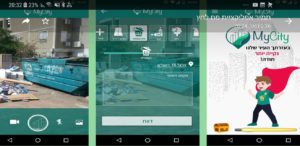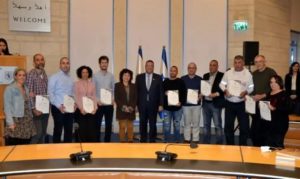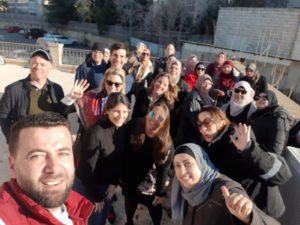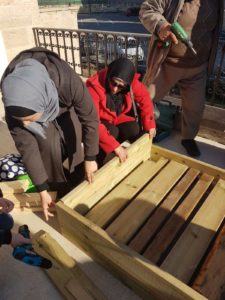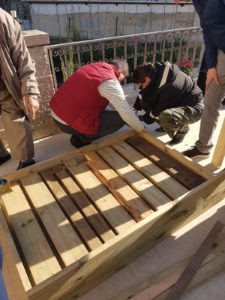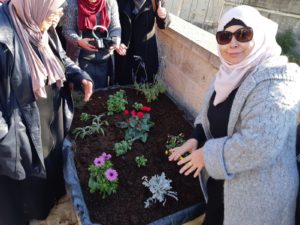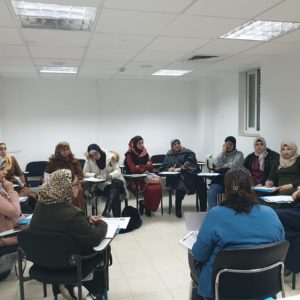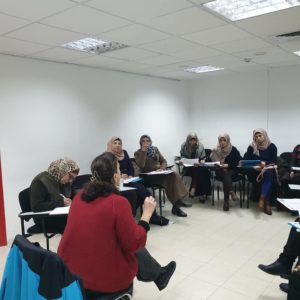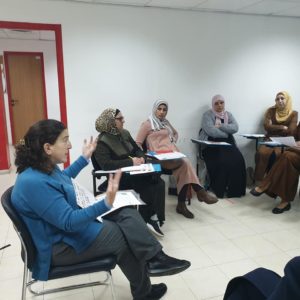Drafting Cleanliness Indicators for Jerusalem – First Time in Israel!
We’ve explained a lot about our program and network Little Prince – Cleaning Up Jerusalem Together, and especially the breakthroughs that it has made on a policy level.
We’d like to tell you about more breakthroughs that were made, right before the current COVID-19 crisis had everyone sheltering in place and in self-isolation.
Representatives of the Little Prince – Cleaning Up Jerusalem, together with representatives of the Jerusalem Institute for Policy Research (JIPR), met with the Jerusalem Municipality’s Manager of Operations Manager. The task at hand – helping to design indicators for cleanliness for the Municipality. More specifically, the aim was to produce measuring tools for the Sanitation Division’s workers in the field, and its subcontractors, to determine whether an area is indeed clean, not according to whoever is looking, but according to defined, set criteria. This is a truly amazing accomplishment! And here are a few reasons:
- No other city in Israel has cleanliness indicators. Jerusalem is set to be the first city in the country to define cleanliness indicators for the workers in the field to go by.
- This kind of tool can help resolve the ongoing debate between residents and the municipality about whether the street / road / bin / garden is clean or not. The tool creates specific categories and the ability to measure whether a public space is clean or not.
- Groundbreaking partnership. The Jerusalem Municipality approached residents and the Jerusalem Institute for Policy Research to create the cleanliness indicators in true collaboration. It is not easy to produce tools together, and it is not at all obvious that a municipality will turn to help residents on this issue.
We – the Municipality, the Little Prince, the JIPR – are all really excited about the partnership.
The document will be submitted to the Operations Manager after the COVID-19 crisis.
Many thanks to the Jerusalem Foundation and to the Rayne Foundation for their support of the Little Prince.

